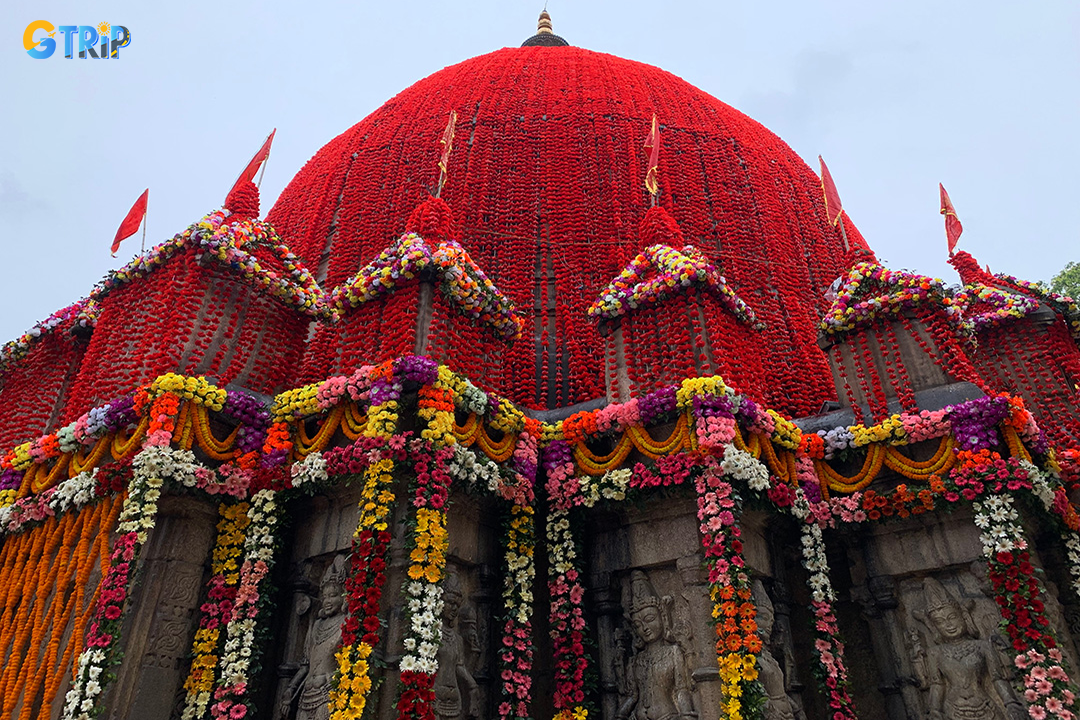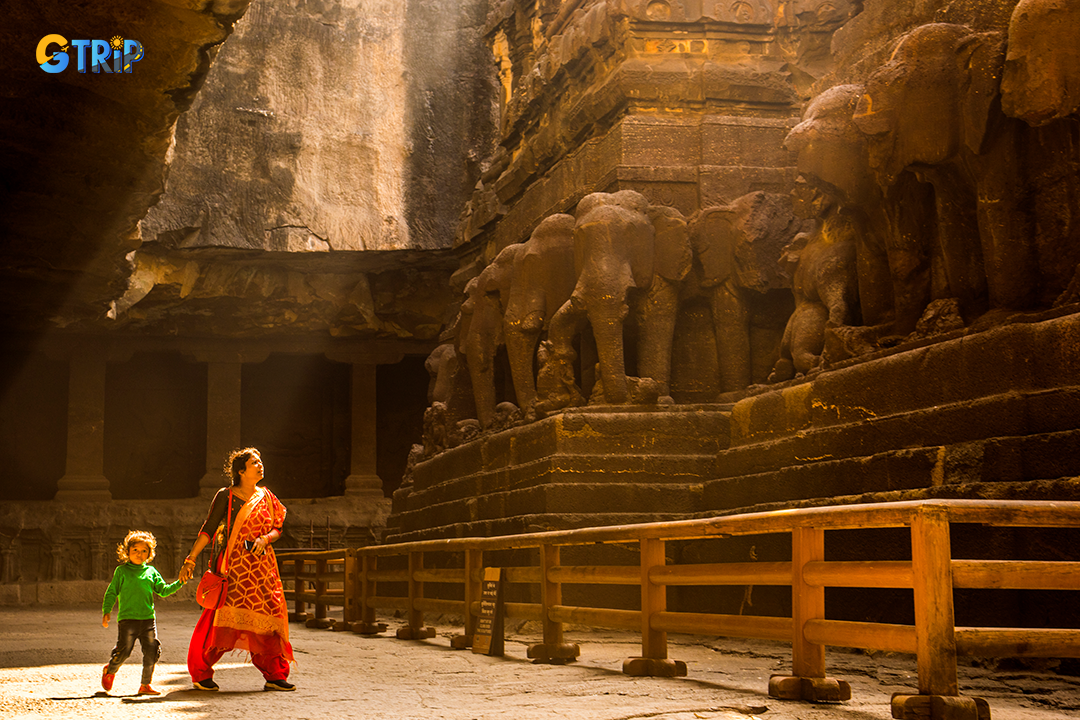Oct - 12 - 2023
India's unique culture is famous worldwide for its uniqueness and agelessness. Indians live according to their beliefs, so they are very respectful of traditional values. Let's take a look at the impressive culture and customs of this vast subcontinent with GTrip below.
1. Festivals and Religions
India is a country of festivals, mainly due to the growth of religion. Muslims celebrate Eid, Christians celebrate Christmas and Good Friday, Sikhs celebrate Baisakhi (harvest of crops), and the birthdays of their Gurus and followers Hindus celebrate Diwali, Holi, and Makar Sankranti; Jains celebrate Mahavir Jayanti; and Buddhists celebrate Eid Vesak Day on Buddha Poornima. The list is endless.

India is a country of festivals and religion
2. Family structure
There is the concept of a joint family, and this is an essential part of India's unique culture. The family includes grandparents, parents, husband and wife, children, and, in some cases, relatives, all of whom live together. This type of family formation is due to the cohesive nature of Indian society and is also believed to help handle the pressure and stress of the people.
3. Greeting: The Namaste
Namaste! It is one of India's most significant and popular customs and is not limited to the territory of this country. Heads of state worldwide observe this when visiting India; for example, former President Barack Obama and United Nations Secretary-General Ban Ki-Moon greeted everyone with a "namaste" in Times Square in New York on the first International Day of Yoga.
Namaste, or namaskar, is one of the five traditional greetings mentioned in the ancient Hindu scriptures, the Vedas. It is translated as "I bow to you", and greeting each other with it is a way of saying "May our minds meet", denoted by clasped hands placed in front of the chest. The word Namaha can also be translated as 'na ma' (not mine) to denote the miniaturization of one's ego in the presence of another. This is India's unique culture that needs to be handed down.

The greetings of the Indians bearing the imprint of Hinduism
4. Icon: Vegetarian
Fasting is an integral part of Hindu culture. Fasts, or Vrats or Upvas, are a way to show devotion and determination or express your gratitude towards the gods and goddesses. Indians across the country fast on various religious occasions. Some people also fast on different days of the week in favor of a particular God or Goddess associated with that particular day. Many people believe that in doing so, you are depriving your body of necessities and, therefore, punishing yourself for cleansing yourself of the sins you have committed up to the day of fasting.
5. Religious Customs: Holy Bull
Cows, in Indian culture, are considered sacred animals. The cow is worshiped as a model and image representing the generosity of Mother Earth. The god Krishna, who grew up as a cowherd, is often depicted playing the flute among the cows and the Gopis (milking girls) dancing to his tune. Lord Krishna is also known as 'Govinda' or 'Gopala', which means 'friend and protector of cows'. Therefore, cows have extremely auspicious meanings in Indian culture and religion.
Therefore, feeding the cows or contributing to the barn was of religious importance to the Indians. The Vedas, in various verses, have emphasized the need to protect and care for cows. Killing cows or eating beef is considered a sin.
It would be great to go to this vast subcontinent and discover India's unique culture for yourself. There are still a lot of exciting things about India. Let GTrip accompany you on your India tour; we have a lot of options for you.


